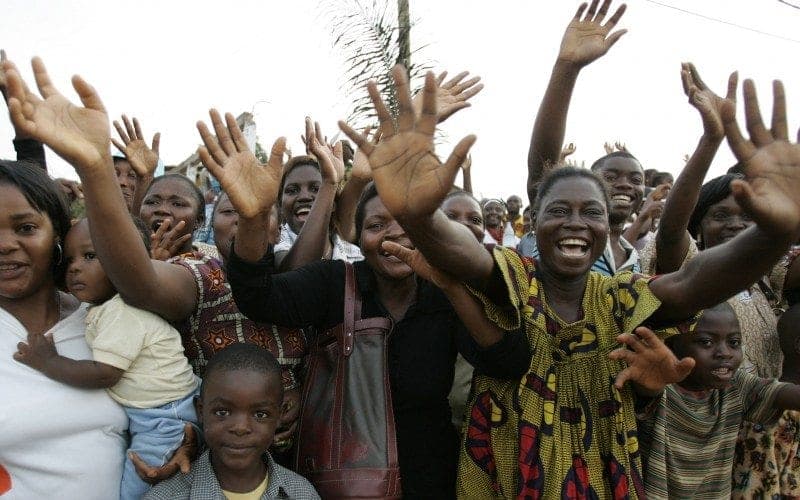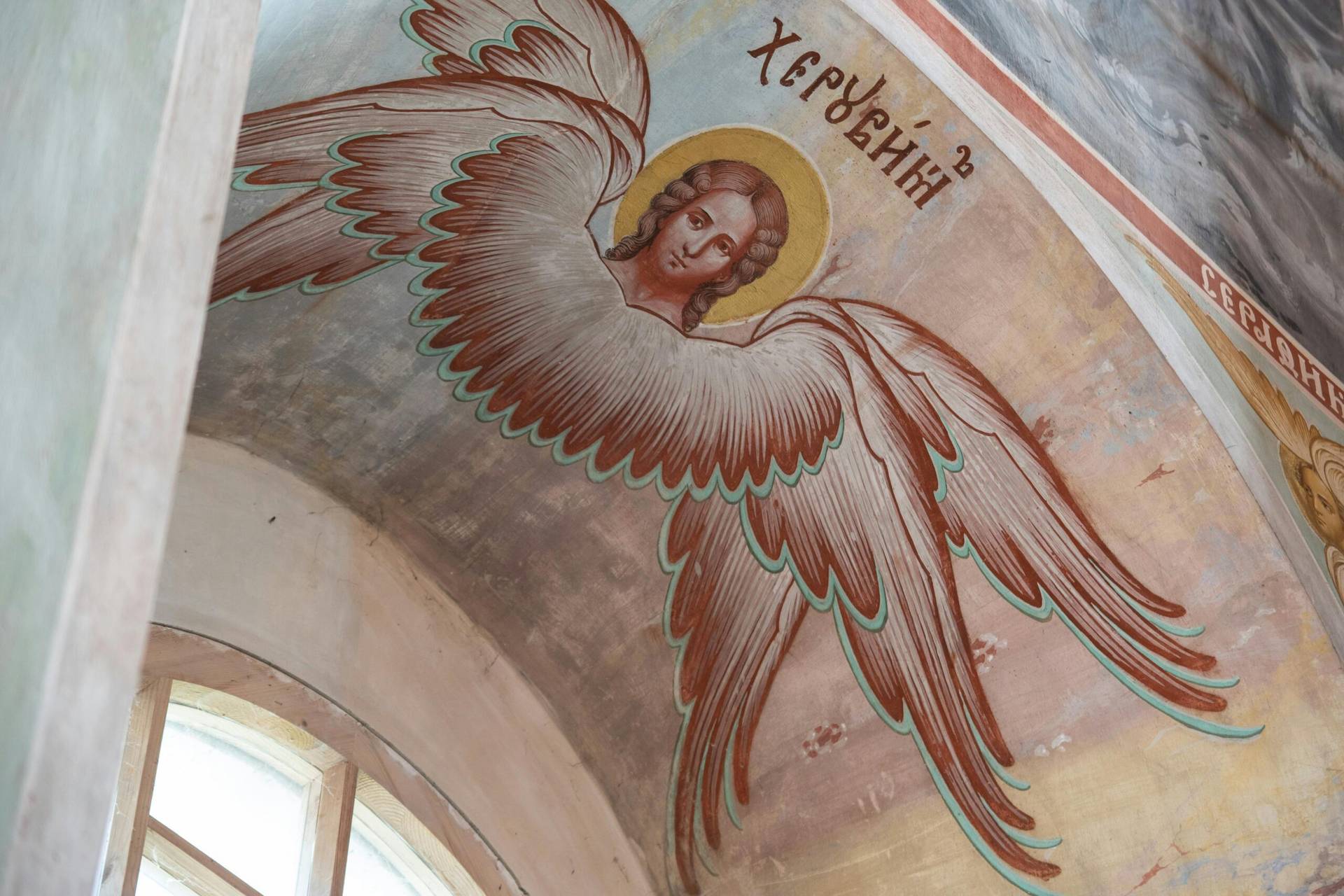If recent statements from high-ranking Catholic prelates are any indication, the African Church is stepping up as the conscience of the Christian world.
Recently, two highly visible African cardinals have both reproached the United States for drifting away from its own lofty principles by embracing the worst vices of the contemporary Western world.
South African Cardinal Wilfrid Napier has joined forces with Cardinal Robert Sarah of Guinea in chastening the United States for its acceptance of abortion, as well as its “insidious” attacks on religious freedom, marriage and the family.
Napier emerged as a global ecclesiastical player during the back-to-back synods on marriage and the family in 2014-2015, when he stood in opposition to a German block that appeared to be pushing for relaxation of certain aspects of sacramental discipline, prominently including the idea of allowing divorced and civilly remarried Catholics to return to Communion.
Napier also criticized an interim report, which he said was “not to the liking of many Synod Fathers.” According to the cardinal, the bishops took issue with the fact that the opinions of “one or two people” were presented “as if it was the considered opinion of the whole synod.”
Now, in a series of recent tweets, the vocal South African Cardinal has called for an apology for the myriad human deaths at the hands of the U.S. abortion industry, and in particular the disproportionate number of black babies that have been aborted, which he refers to as black “genocide.”
Napier was reacting to suggestions that perhaps Christians owe the LGBT community an apology for past wrongs.
Quoting statistics from Planned Parenthood’s own Guttmacher Institute, Napier noted that since the 1973 Roe v. Wade Supreme Court decision more than 57 million babies have been legally aborted in the United States.
“Isn’t this something we should be apologizing for?” Napier asked rhetorically.
The staunchly pro-life cardinal went on to lament the fact that some 31 percent of those 57 million babies have been black, and again asks whether such an egregious offense against blacks is not worth an apology.
In his third tweet, however, Napier upped the ante still further, stating that such a figure “starts looking like a genocide when one factors in that Black women make up only 13 percent of the total number of women in USA.”
Currently in the United States, black children are aborted at nearly four times the rate of white children. Among white women, there are 138 abortions for every 1000 live births; among blacks, there are 501 abortions for every 1000 births. This means that blacks are aborted at 3.6 times the rate of whites.
For his part, Sarah said that Catholic opposition to the recent legalization of same-sex marriage in the U.S. is not an ideological war about “abstract ideas,” but rather the protection of “ourselves, children, and future generations from a demonic ideology that says children do not need mothers and fathers.”
Speaking at a Washington prayer breakfast in May, the high-ranking Vatican cardinal said that these are “portentous times” for the Church and for the world, while blasting gender theory as “ideological colonization” and decrying the “insidious” dismantling of religious freedom in the United States.
Sarah, who runs the Vatican’s powerful liturgical department and whose name inevitably appears on every short list of papabili—or papal candidates to eventually succeed Pope Francis—said that modern society has descended to the point that “good becomes evil, beauty is ugly, love becomes the satisfaction of sexual primal instincts, and truths are all relative.”
In America, the cardinal said, “political leaders, lobby groups and mass media seek to neutralize and depersonalize the conscience of Christians so as to dissolve them in a fluid society without religion and without God.”
“God is named in your founding documents as ‘Creator’ and ‘Supreme Judge’ over individuals and government. The human person endowed with God-given and therefore inalienable rights to ‘life, liberty, and the pursuit of happiness,’” he added.
“How low we are sinking for a nation built on a set of moral claims about God, the human person, the meaning of life, and the purpose of society, given by America’s first settlers and founders!” he said.
This was not the first time these two prelates have played the part of global pastors, weighing in on issues outside their ecclesiastical bailiwick.
Last March, Napier slammed the Jesuit-run Georgetown University for inviting Planned Parenthood president Cecile Richards to address its faculty and students. In his criticism, Napier said that by giving Richards a platform for her ideas, the university was thoroughly contradicting “the very tenets it was founded upon.”
The cardinal went on to suggest that Georgetown has fallen for the modern secular “obsession” with being broadminded on life issues, meaning an unwillingness to adopt a firm moral position and stick with it, regardless of the consequences.
Napier ended his Twitter conversation by calling the Jesuit authorities at Georgetown to account, with the stinging indictment that they are more committed to “political correctness” than to the Church of Christ.
These are not the rants of illiterate country pastors, but of highly educated bishops who represent—in a very real demographic sense—the voice of the Church of the future.
An article in last year’s Christmas issue of the Economist examined the remarkable growth of the Christian faith among Africans, noting that Christianity is experiencing more rapid growth in Africa than anywhere else on the planet, including Asia and Latin America.
In 1910, less than 10 percent of Africans identified as Christians, whereas today 55 percent of the population is Christian. And while in 2016 Europe still has the largest Christian population of any continent at just over 575 million, Africa is projected to overtake it by 2025.
Meanwhile, as Americans struggle with the right words to say lest their expressions offend anyone, the African bishops sound more and more like the great saints of the Apostolic Age—guilelessly concerned more with the truth than contemporary sensibilities.
If the trend of recent years continues, the African Church may well step forward to fill the gaping void of moral leadership felt so acutely in the post-Christian West.
Thomas D. Williams, PhD, is a Rome-based theologian and author of 15 books, including The World As It Could Be: Catholic Social Thought for a New Generation (Crossroad).

















